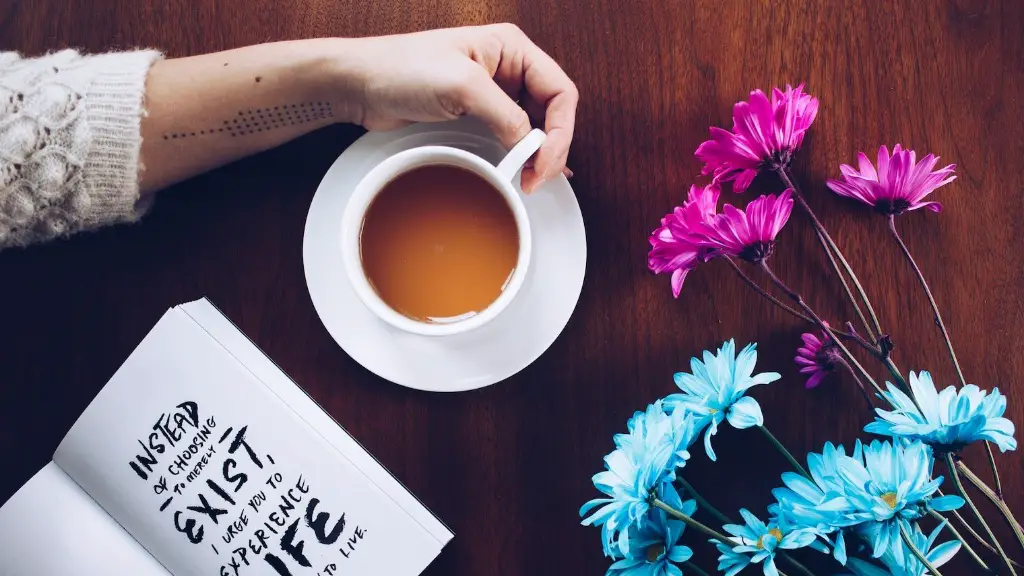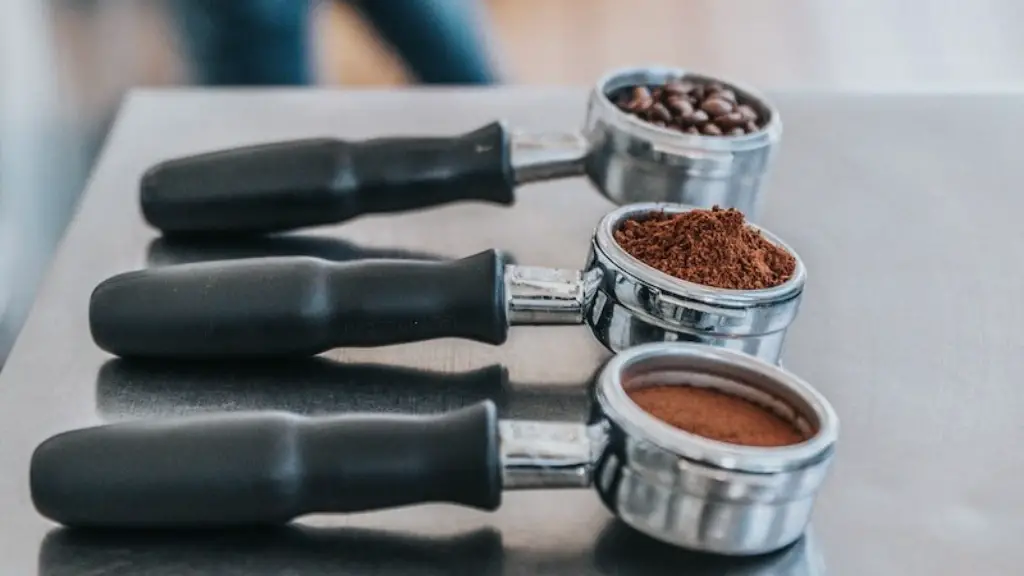The Science behind It
Most people would be familiar with coffee’s high caffeine content and would agree that drinking coffee during a period could be riskier compared than drinking it at other times. Caffeine is renowned for triggering alertness and concentration, but it can also increase the intensity of menstrual cramps and the amount of blood lost by those who suffer from heavy flow.
In a survey of women published in the journal Pain Research and Treatment, negative premenstrual symptoms are associated with a significantly increased risk of nausea, weakness and fatigue, which could be exacerbated by coffee consumption.
Caffeine can further stimulate the body’s adrenal system and increase the production of cortisol hormones. High cortisol levels can weaken the uterine muscles, causing discomfort and cramps. Research indicates that consuming caffeine may also lead to headaches and anxiety, especially when consumed in large quantities or on an empty stomach.
However, while many studies have concluded that caffeine can reduce the production of fatty acids, resulting in decreased energy levels, there is also research to suggest that women who are accustomed to drinking coffee can experience reduced fatigue during their period.
That being said, it is important to consider your own physical reaction to caffeine before drinking coffee at that time of the month. Everyone can react differently to different foods and drinks, and it is important to be aware of this when making dietary choices.
Caffeine’s Effects on the Mind
Other than physical effects, caffeine can also have an impact on our mental health. Caffeine is known to have a stimulating effect on the brain and can temporarily boost alertness and concentration. This may help some women to stay focused and motivated during a period, especially if they feel especially sluggish.
However, this ‘lift’ can be short-lived as caffeine can also lead to increased mood fluctuations, restlessness and feelings of jitteriness. Coffee can also alter blood sugar levels, causing sudden drops and leaving consumers feeling anxious or with ‘brain fog’. It is important to consider which effects you are more likely to experience in order to make an informed decision.
Overall, caffeine, like most things, should be consumed in moderation. It is important to remember that the effects – positive or negative – that come with a cup of coffee are highly individual, and that it is important to keep a track of how our body and mind react to different stimuli in order to make an informed decision.
Is Drinking Coffee Good or Bad?
The research surrounding whether or not to drink coffee on a period is unclear and inconclusive. While it is a good source of energy, it can also cause problems such as dehydration, stomach cramps, headaches and anxiety. The impact of caffeine on the body is hugely individual and it is important to determine for yourself how caffeine affects your body, rather than relying on the opinions of others.
It is generally recommended to limit your intake of coffee, particularly on a period, as it can stimulate the body when it needs rest and relaxation. If you do decide to consume coffee on your period, it is recommended to stick to only one cup and maybe even pair it with some nutritious snacks that can help counterbalance the effects of the caffeine.
Alternatives to Caffeine
If you are looking for a more sustainable or healthier way to increase your energy levels, there are plenty of other sources of natural energy that could be helpful. Some of these include herbal teas, berry or green smoothies or a light salad or soup; all of which can help to replenish your energy levels without overwhelming your body.
For those looking to relax rather than boost their energy levels, herbal teas, chamomile and lavender are known for their calming effects and are great to drink during a period; especially when paired with a good book or podcast.
While coffee may be attractive for its energy boosting effects, it is important to be mindful of our bodies’ needs and to decide for ourselves what the best option is. It is not necessarily wrong to drink coffee on our period, but it is important to consider the effects this may have on our bodies, as well as our future well-being.
Coffees Impact on Digestion and Hormones
In addition to physical and mental health concerns, caffeine can also have an effect on our digestion and hormones. Caffeine is known to be a diuretic, which means it encourages water and electrolyte loss. This can be especially draining during a period, when the body is already feeling a significant loss of energy.
Caffeine can also disrupt the body’s hormones, especially when consumed on a regular basis. According to Dr. K. Aleisha Fetters, a contributor to Health Matter’s ‘Expert Voices’ section, habitual consumption of caffeinated drinks is linked to increased stress hormones, inflammation and disturbances in the balance of estrogen and progesterone. It is important to be aware of these changes and the effects they may have on our bodies.
Individualised Choices
Whether or not to drink coffee on a period is a deeply personal choice. Some women may thrive on caffeine during that time of the month, while others may find it blocks their access to vital resources from rest and relaxation. Ultimately, the effectiveness of coffee usage is based on an individual’s response and it is important to consider the effects that it can have on our bodies and our minds before making a decision.
It is also important to think of coffee as just one part of a much larger factor in our health and wellbeing. Taking time out to relax, getting enough sleep and eating healthy meals are all important ingredients in healthy period self-care. Coffee can be a great addition to a period-self care routine in moderation, as long as it is taken in careful consideration of its effects.
Benefits of Coffee
While it is important to take into consideration the potential risks and effects of drinking coffee on a period, it is also important to recognise its benefits. Coffee is high in antioxidants and nutrients, and can be an excellent source of energy for those who are feeling especially sluggish.
Coffee can also help to reduce the risk of chronic diseases, such as Alzheimer’s, Parkinson’s, Type 2 Diabetes and Liver Disease. Research has also suggested that those who consume a moderate amount of coffee are less likely to experience depression, have a lower risk of colorectal cancer, and enjoy a longer life expectancy.
There is also evidence that suggests that drinking coffee can help to improve fertility. Studies indicate that women who drink two to three cups of coffee per day are more likely to experience regular menstrual cycles and an increased possibility of conception.
Overall, the decision to drink coffee on a period is ultimately a personal one, and should be based on individual preferences and the effects that the drink has on an individual’s body and mind. It is important to take into account the potential risks and benefits, as well as the various alternatives that are available.





